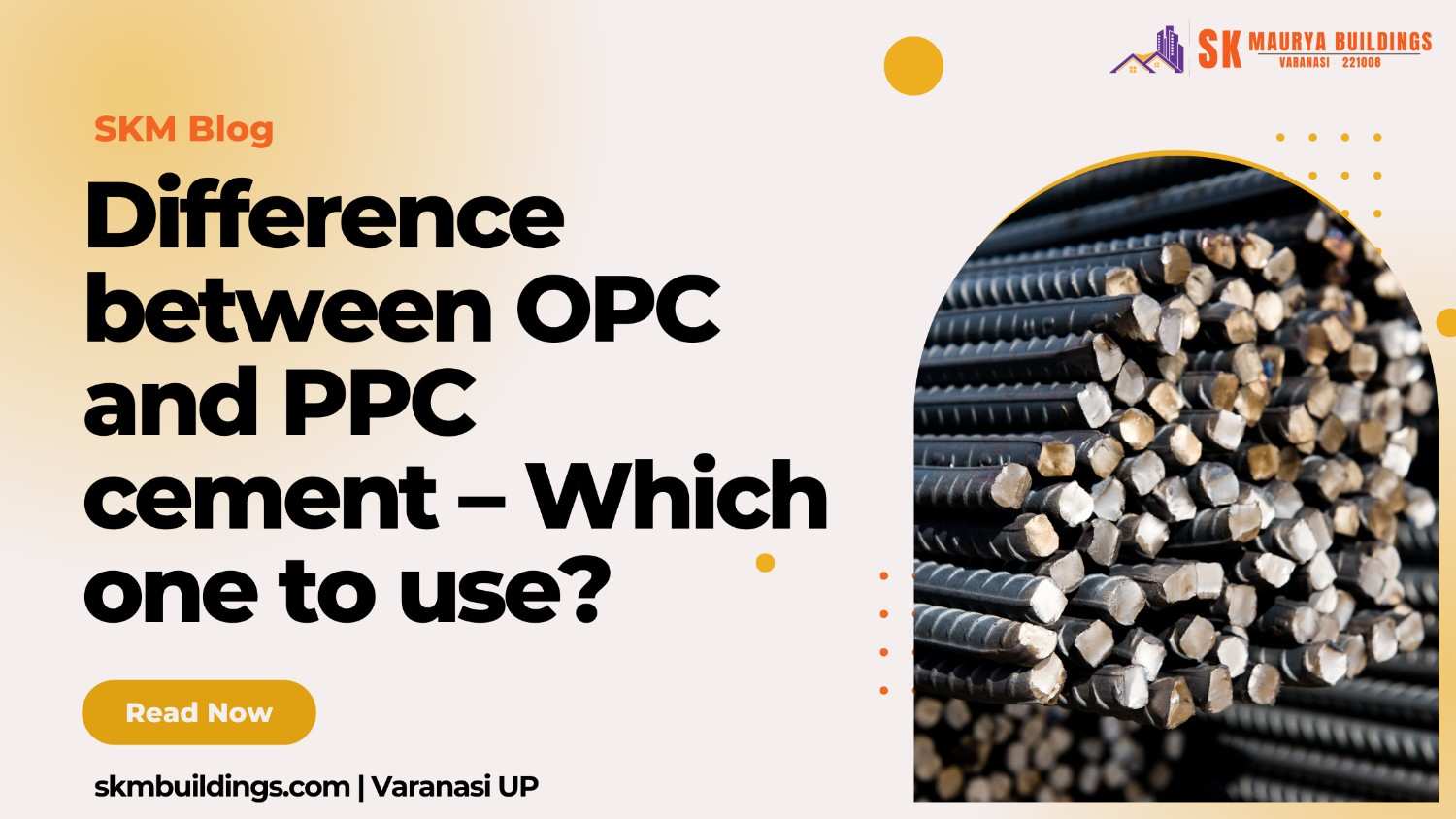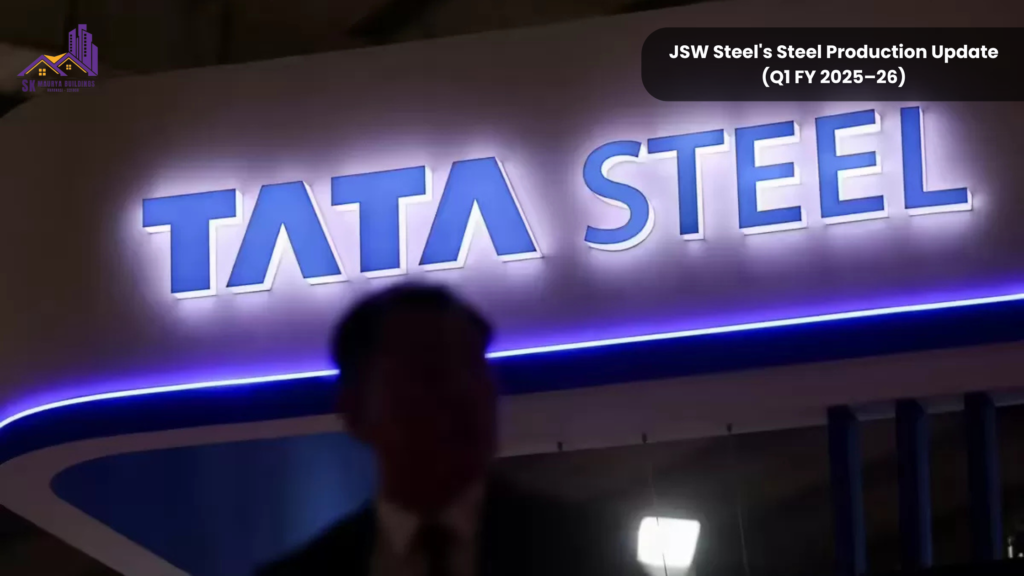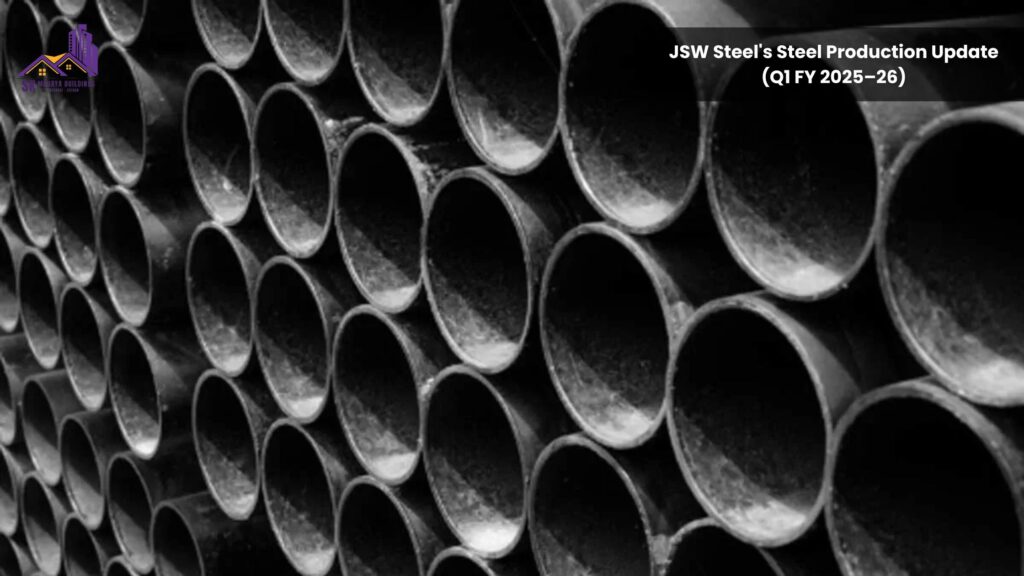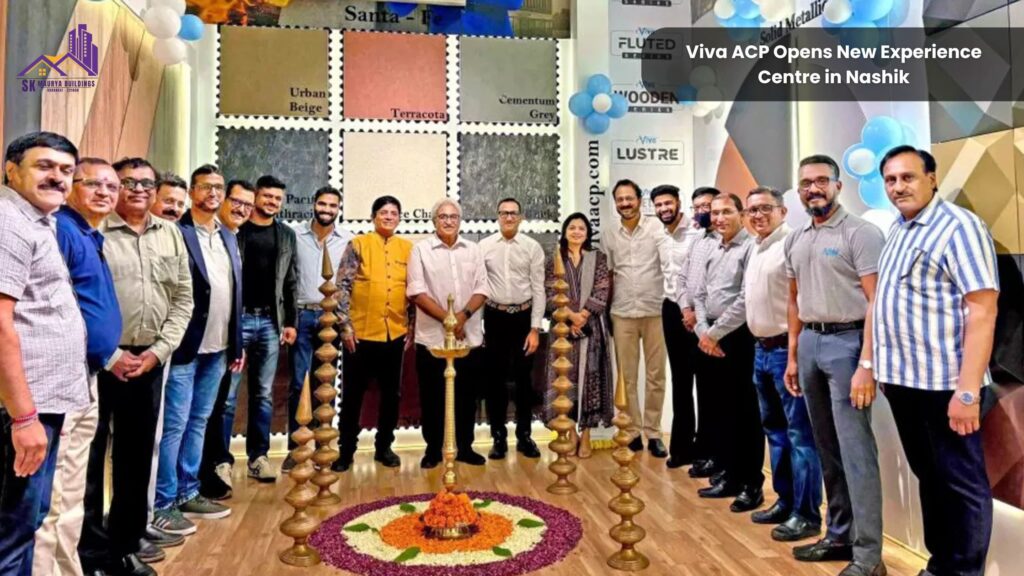When building a house or structure, the choice of cement is key to durability and strength. With so many options available in the market, it’s tough to decide which one is best for your project. Two of the most popular cement types are OPC (Ordinary Portland Cement) and PPC (Pozzolana Portland Cement). Each has its own advantages and knowing the difference between OPC and PPC cement will help you make an informed decision based on your project requirements.
Whether you’re building a house, commercial property or infrastructure, knowing when to use OPC or PPC cement can save you time and money and reduce the risk of future repairs. In this blog we’ll explore the benefits of both cement types and help you choose the right one for your construction needs.
Table of Contents
What is OPC Cement?
OPC cement, or Ordinary Portland Cement is the most widely used cement in construction. With strength and fast setting properties, OPC is perfect for projects that need high durability. This cement is made by grinding clinker with very small amount of gypsum and results in fine powder which hardens quickly when mixed with water. It’s used for large projects like foundations, roads, and bridges where high compressive strength is required.
The benefit of OPC cement is its strength. It’s easily available and reliable in almost all construction scenario. Whether you are building a home or a commercial structure, OPC is the best option for projects that needs solid and long lasting foundation. If you are wondering is OPC cement right for your construction, consider its fast setting time and super strength—best for projects that needs quick results.
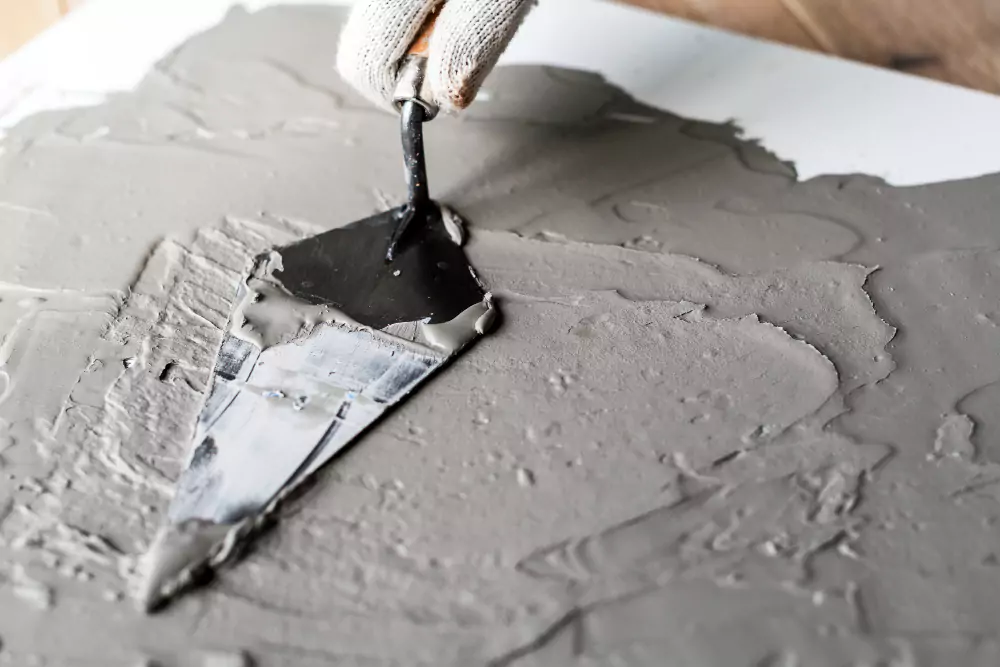
What is PPC Cement?
PPC cement, or Pozzolana Portland Cement, is a blended cement which combines Ordinary Portland Cement (OPC) with pozzolanic materials like volcanic ash or fly ash. This unique blend improves workability and has better long term durability than OPC. PPC is ideal for projects that requires resistance to sulphate attack and are exposed to wet conditions, like waterproofing and marine constructions.
One of the main advantage of PPC cement is its environmental advantage—it uses industrial by-products, so it’s a more sustainable option than OPC. Also PPC cement’s slow setting time makes it ideal for large projects or in hot climates where faster drying can be a problem. Whether you’re building residential or infrastructure projects that demands long lasting durability, PPC is a reliable and eco-friendly option for all your construction needs.
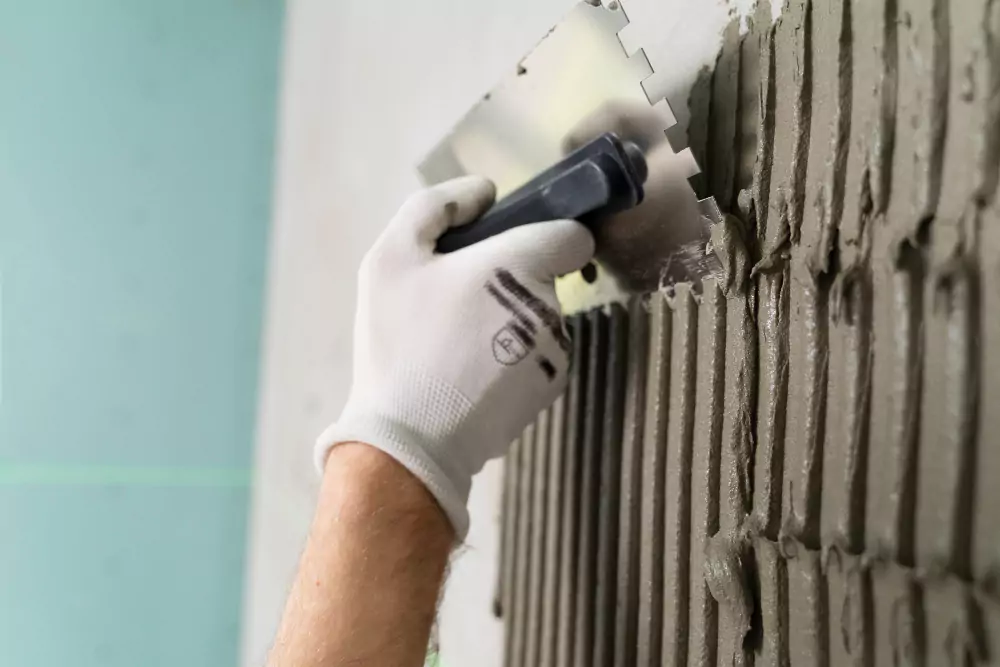
OPC vs PPC Cement
Understanding Ordinary Portland Cement (OPC) and Portland Pozzolana Cement (PPC) is key to choosing the right cement for your construction needs. These two types of cement are commonly used in the construction industry but each has its own properties that make it more suitable for specific applications. Let’s break it down further:
Strength and Durability:
OPC Cement has high initial strength which makes it perfect for projects that require immediate setting and bonding strength. It is used in foundations, heavy duty construction and high rise buildings where quick setting and high early strength is required for stability and safety during initial stages of construction. This is ideal for projects that need robust and immediate strength like bridges, dams and high load bearing structures.
On the other hand PPC Cement has better long term durability due to its resistance to environmental factors like moisture, chemicals and sulfates. It is beneficial for construction projects exposed to harsh conditions like marine structures, coastal buildings and dams where the material will be exposed to moisture, seawater or aggressive chemicals. The addition of pozzolanic materials like fly ash improves the cement’s resistance to chemical attacks so structures built with PPC will have longer lifespan.
Setting Time:
OPC Cement has faster setting time than PPC which makes it suitable for projects that need quick results. This fast setting is good for small repair or construction projects where time is of the essence like roadwork, repair projects and foundations that require quick bonding. However fast setting can be a challenge in hot climate where quick drying can cause cracks or lead to improper curing if not managed properly.
In contrast PPC Cement sets slower which makes it perfect for large construction projects especially in hot climate. The slower setting time of PPC allows better control during mixing and pouring which reduces the risk of cracking due to premature drying. This longer workability is ideal for large scale construction projects like high rise buildings or commercial complexes where workability, consistency and proper curing is crucial for long term durability of the structure.
Cost:
PPC Cement is cheaper than OPC because it uses industrial by-products like fly ash, slag or volcanic ash. These are waste products of other industries which reduces the cost of PPC cement. Hence PPC is a cost effective option for residential buildings, commercial buildings and other general construction projects where cost is important without compromising on quality and durability.
OPC Cement due to higher production cost is more expensive than PPC. The raw materials used in OPC cement and the energy intensive process involved in its manufacturing adds to its cost. However OPC is required for projects where high early strength and rapid curing is needed which justifies the higher cost in situations where these attributes are crucial like large infrastructure projects or when faster construction is required.
Environmental Impact:
PPC Cement is more eco friendly than OPC. Use of industrial by-products like fly ash or slag in its composition reduces the overall carbon footprint of cement production. These waste materials not only reduces the requirement of raw materials but also helps in recycling and reusing materials which would have otherwise contributed to environmental pollution. Hence PPC is an eco-friendly option and a preferred choice for construction projects seeking green building certifications or sustainability goals.
On the other hand OPC Cement has higher environmental impact due to energy intensive manufacturing process and higher consumption of raw materials like limestone and clay. The production of OPC releases more CO2 in the atmosphere contributing to the overall carbon footprint of the construction industry. Although OPC is good for specific construction needs, its environmental impact is a concern for projects looking to minimize their ecological footprint.
When to Use OPC Cement
OPC cement is the best choice for projects that demand high strength and quick setting. This makes it ideal for foundations, high-rise buildings, and heavy-duty infrastructure projects like bridges and roads. If your construction requires immediate strength to support heavy loads, OPC cement is the go-to option due to its excellent compressive strength and fast curing time.
Additionally, OPC cement is well-suited for environments where high strength is crucial, such as in industrial buildings or structures exposed to extreme weather conditions. If you’re working on a commercial building or any other high-traffic project that needs durability from day one, OPC is a reliable choice. Simply put, if you need a quick set and durable bonding right from the start, OPC cement will meet your needs efficiently.
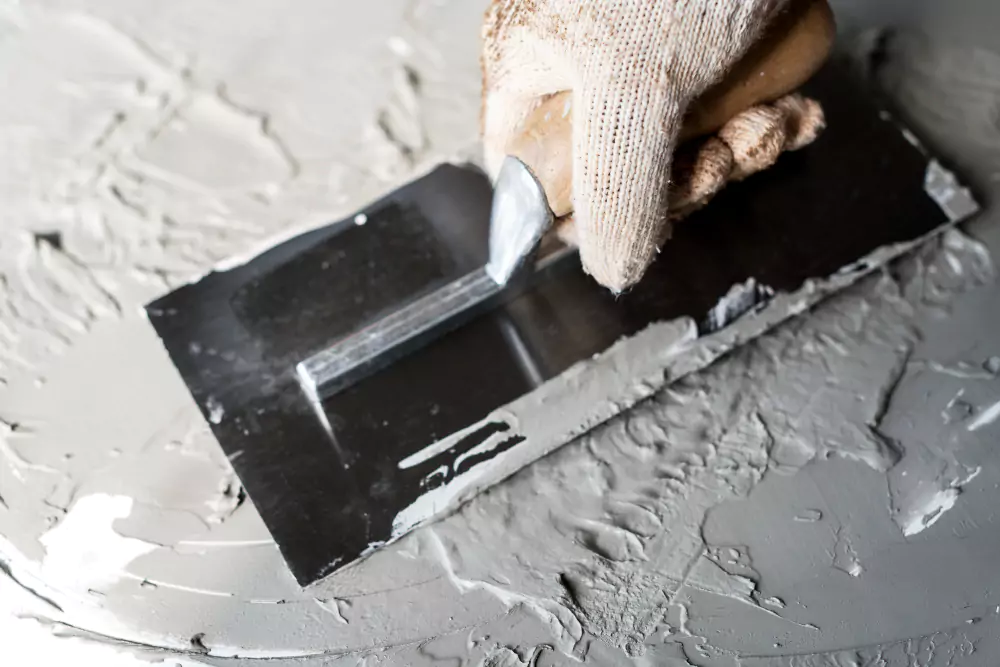
Also Read: Best Quality TMT Bars for House Construction: Guide
When to Use PPC Cement
PPC cement is the ideal choice for projects that prioritize long-term durability and environmental sustainability. It is particularly suitable for residential buildings, waterproofing applications, and construction in coastal areas where sulphate resistance is critical. Due to its long setting time, PPC cement is also good for large projects where workability and time to complete the job is required.
If you’re building a house or a commercial building where cost and long term performance is important, PPC cement is the perfect fit. It’s especially good for areas with high humidity or rainfall as it helps in improving the durability of the structure over time. For those looking for an eco friendly cement, PPC cement is a green option as it uses industrial by-products like fly ash, making it cheaper and greener than OPC cement.
Things to Consider Before Choosing Between OPC and PPC Cement
When deciding between OPC and PPC cement, there are many factors to consider to ensure you choose the right one for your project. The first is the type of construction. If your project involves heavy-duty infrastructure or foundations that need immediate strength, OPC cement is the way to go. For residential buildings or structures exposed to wet conditions, PPC cement is the better option due to its long term durability and sulphate resistance.
Next is the environmental impact. PPC cement is a more eco friendly option as it uses industrial by-products like fly ash, reducing its carbon footprint compared to OPC cement. Cost is another factor—PPC cement is often cheaper, making it a better option for budget conscious projects. Then consider the climate and setting time; PPC cement is good for hot climates and large projects due to its long setting time, while OPC cement is better for fast projects that need quick strength. Knowing these factors will help you choose the right cement for your project.
Why Choose SK Maurya Building Materials for Your Cement Needs
When it comes to choosing the right OPC or PPC cement for your construction project, local knowledge makes a big difference. SK Maurya Building Materials, a reputed supplier in Varanasi since 1997 has built a reputation of providing best quality building materials at competitive prices. As an authorized dealer for brands like Ambuja, ACC and Jindal, SK Maurya ensures you get the best quality cement as per your requirement.
With their years of experience and knowledge of the local market, SK Maurya’s team can guide you to choose the right cement for your project—whether you need OPC for high strength or PPC for durability in tough conditions. Their customer first approach means you can expect timely delivery, expert advice and consistent support throughout your construction journey. Trust SK Maurya Building Materials for all your cement requirements in Varanasi and you will get the best products and services.
Conclusion
Choosing the right type of cement is crucial for the success of your construction project. Whether you go for OPC cement for its strength and quick setting or PPC cement for its durability and eco friendliness, understanding the difference between OPC and PPC cement will help you to make the right decision. By considering factors like strength, cost and environmental impact you can select the best option for you. For expert advice and best quality cement products, trust SK Maurya Building Materials—your local expert in Varanasi.
FAQs
-
What is the main difference between OPC and PPC cement?
The primary difference between OPC and PPC cement lies in their composition. OPC cement is known for its high strength and fast setting time, making it ideal for projects that require immediate bonding. In contrast, PPC cement offers better long-term durability, resistance to sulphate attack, and is more eco-friendly.
-
Which cement is best for residential buildings, OPC or PPC?
For residential buildings, PPC cement is often preferred due to its superior durability and resistance to harsh weather conditions. It also provides better workability and is more cost-effective, making it a great choice for long-lasting results.
-
Is PPC cement more affordable than OPC cement?
Yes, PPC cement is typically more affordable than OPC cement because it incorporates industrial by-products like fly ash, reducing production costs and making it a budget-friendly option for many construction projects.
-
Can OPC cement be used for all types of construction?
While OPC cement is excellent for heavy-duty projects that require immediate strength, it might not be the best choice for structures exposed to harsh conditions like coastal areas or areas with high moisture. PPC cement is a better option for such environments due to its durability.


